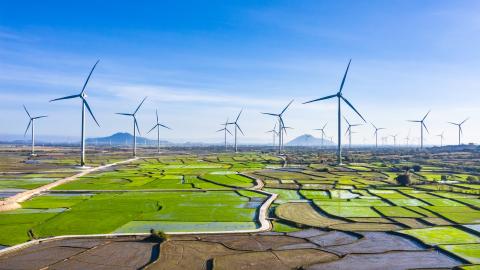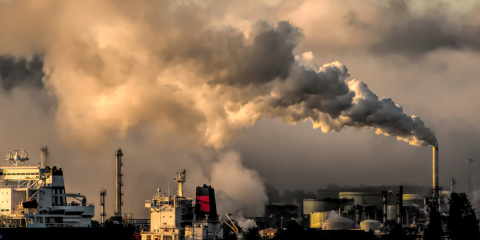NYC and NYS pension funds should divest coal stocks
Download Full Report
Key Findings
Since 2004 coal industry borrowing has risen from $3 billion to $20 billion.
U.S. coal producers are weak at precisely the point when they need deep pockets to finance growth.
Most of the larger coal companies in the U.S. are facing tough economic times. Patriot Coal, a publicly traded company, underwent one of the largest bankruptcies during 2013.
Executive Summary
The New York State and City public pension funds, collectively valued at over $300 billion, should divest their holdings in coal mining companies. The current position of the U.S. coal industry, and increasingly that of coal producers worldwide, is weak. And the worst is yet to come. U.S. coal company leadership has no effective investment rationale for improving stock performance. Each pension fund has limited holdings in the coal sector. Selling the stock would actually put the money to more profitable use and better protect the beneficiaries of the funds.
In the past three years, a portfolio of U.S. coal stocks, including the nation’s leading companies – Peabody Energy, Alpha Natural Resources, Cloud Peak Energy and Arch Coal – has declined by 61%, at a time when the Russell 3000 Index has increased by 47%. Peabody Energy, the world’s largest pure-play private sector coal company, has lost 74% of its value over the last three years. Recently, Goldman Sachs (a company with major holdings in the coal sector) and Bernstein Research have published market research showing that the window for investors on thermal coal (coal for electricity plants) is closing. The metallurgical coal markets (coal for steel production) will be insufficiently robust to offset these losses.
The stock price collapse and lost market share comes as industry profits are down, twenty-six small coal producers have gone bankrupt, mine employment levels are on the decline, and Wall Street analysts are questioning coal’s future.
Please view full report PDF for references and sources.
Press release: Report – NYC and NYS pension funds should divest coal stocks: A shrinking industry, weak upside, and wrong on climate change
















